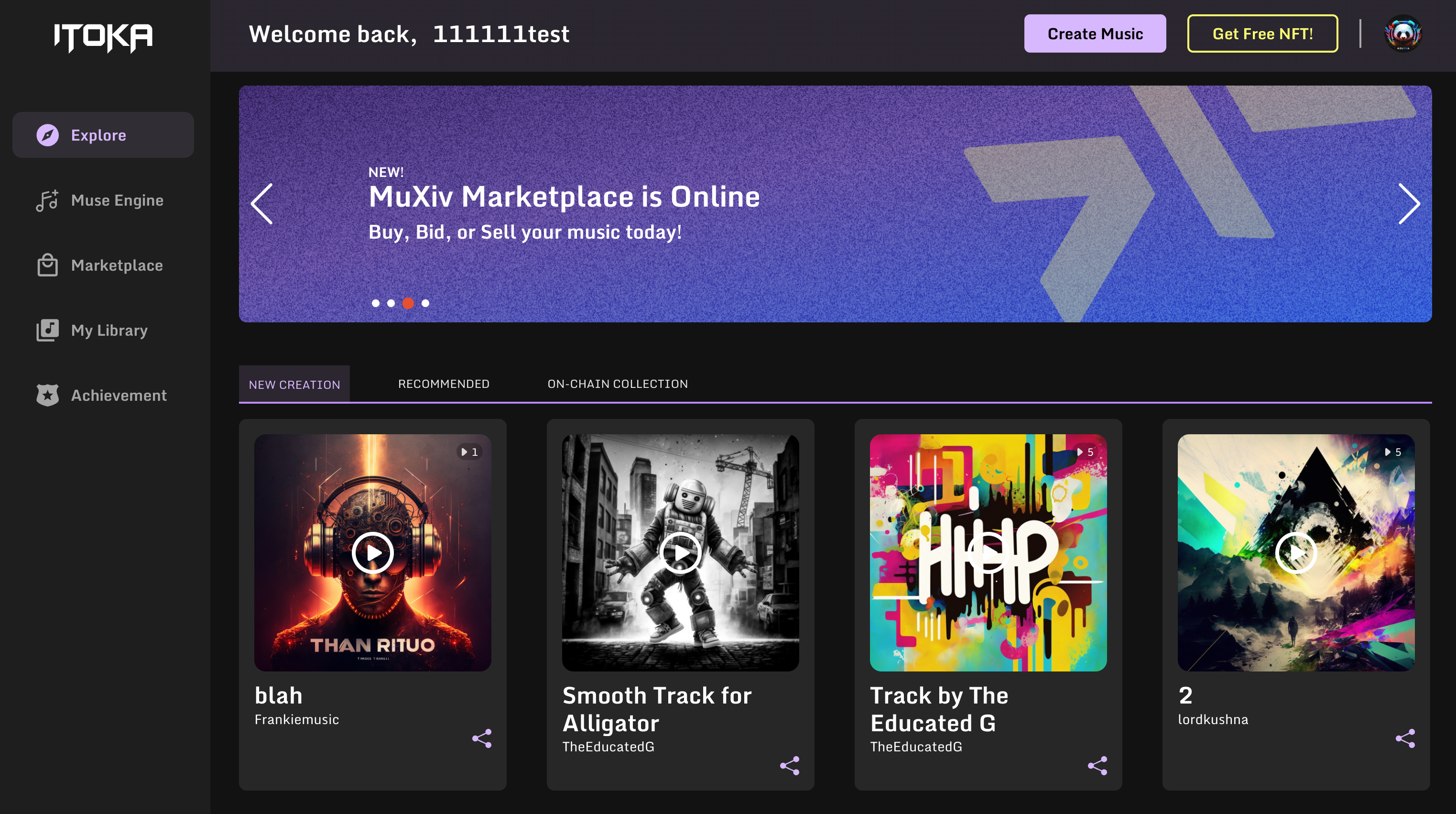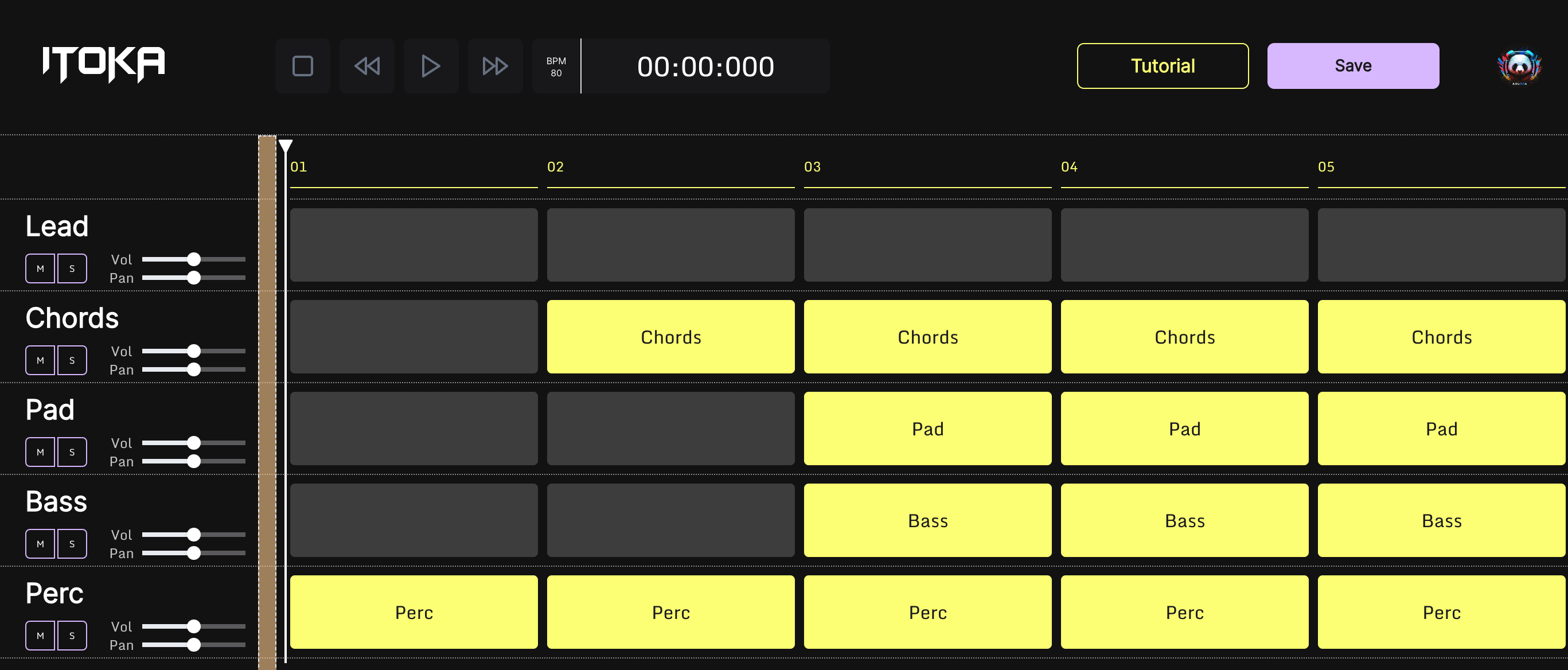AI-generated music is fast becoming a reality. Thanks to tools like Meta’s MusicGen, it’s now possible to create halfway decent songs in a range of styles without ever having to play an instrument, read sheet music or learn to use a DAW.
But while the creative potential of generative AI music tools is nothing less than extraordinary, the tools also threaten to upend the music industry’s copyright status quo. That’s because, in order to “learn” to create new songs, the tools must be “trained” on vast databases of existing songs — not always with the artists’ blessings.
It’s pitting musicians against labels. Universal Music Group has labeled all AI-generated music using existing artists’ voices as “fraud.” On the other hand, art-pop musician Grimes vowed to allow her voice to be used in AI music without penalty.
The rules around AI-generated music are murky at present. Several lawsuits making their way through the courts will likely have a bearing on music-generating AI, including one pertaining to the rights of artists whose work is used to train AI systems without their knowledge or consent. But it’ll be months before the first decisions are made public and months more, potentially, if the cases are appealed.
In the meantime, some startups, attempting to get ahead of regulators, are proposing standards of their own around generative music IP. One is Itoka, which was recently accepted into the Allen Institute for AI’s startup incubation program.
Itoka, co-founded by Malcolm Yang and Yihao Chen, seeks to “tokenize” music content, specifically AI-generated content, on the blockchain so that creators can independently license that content and receive compensation every time it’s used. Itoka plans to temporarily hold the ownership of songs and give creators full licenses for their commercial use, while at the same time preventing plagiarization and “unlawful monetization” on its platform.
“Itoka is a decentralized music platform we developed to enable data self-sovereignty, the permanence of music storage, digital rights management, global music accessibility and creator governance,” Yang and Chen told TechCrunch in an email interview. “We establish a new paradigm for copyright protection that doesn’t rely on the physical copyright office to enforce the legal status but rather on code-operated smart contracts.”

If the idea of tying licensing to the blockchain — a shared, immutable ledger to track assets — sounds familiar, that’s because Itoka’s not the first startup to attempt to do so.
Just a few months ago, web3 project Dequency launched a decentralized portal for music rights holders and creators that allows for ostensibly easier licensing and payments for content. Around the same time, music producer Justin Blau, also known as 3LAU, launched a song licensing service called Royal, which collaborated with the popular rapper Nas to allow fans to acquire nonfungible tokens (NFTs) that gave them ownership rights over some of the artist’s songs.
But alongside its blockchain-based licensing scheme, Itoka offers music creation tools powered by music-generating AI models. And it plans to partner with musicians who contribute their work for AI training purposes on a compensation plan.
“In the future, everyone will have the power to produce music, and there will be a massive amount of quality music produced every day for various purposes,” Yang and Chen said. “As music production becomes democratized, the establishment of the current music industry and its monopoly will be significantly undermined. This will urge people to rethink creativity and artistry in content creation.”
Itoka’s music generation tools, at least as they exist today, are simpler than those lofty words might suggest.
After creating an account, users can choose from one of several genres and sentiments — including “EDM,” “Hip Hop,” “Lofi” and “Emotional” — to have Itoka’s engine generate a five-track song automatically, in the background. After choosing album art for the new song, Itoka throws users into a block-based composing interface, where they can edit aspects such as the song’s tempo, bass and chords.

The AI’s nowhere near as robust or capable as text-to-music systems like the aforementioned MusicGen. But Itoka places an emphasis on ease of use over customizability.
Once a song’s been created, it can be listed on the Itoka marketplace for licensing. Yang and Chen claim that there have been over 1,900 songs generated via the platform to date and that those songs have been listened to for over 3 million minutes collectively.
That’s off to a respectable start. But my question is, who’s going to license a library of AI-generated songs — particularly songs that sound relatively generic compared to the average royalty-free music library?
Yang and Chen say that they’re going after game developers as one of their top customer segments — developers who’d normally license from one of the larger content libraries. To this end, Itoka has a partnership with Canva and “multiple game studios” — Yang and Chen wouldn’t say which — for content licensing.
“In the future, we will be more than happy to move on to other customer sectors and provide the most-fitting features and solutions,” Yang and Chen said. “There are some AI-friendly musicians who’d like to help us push the boundaries of technology and music creativity, and we sincerely hope that we can achieve greatness with them together.”
Time will tell.































Comment